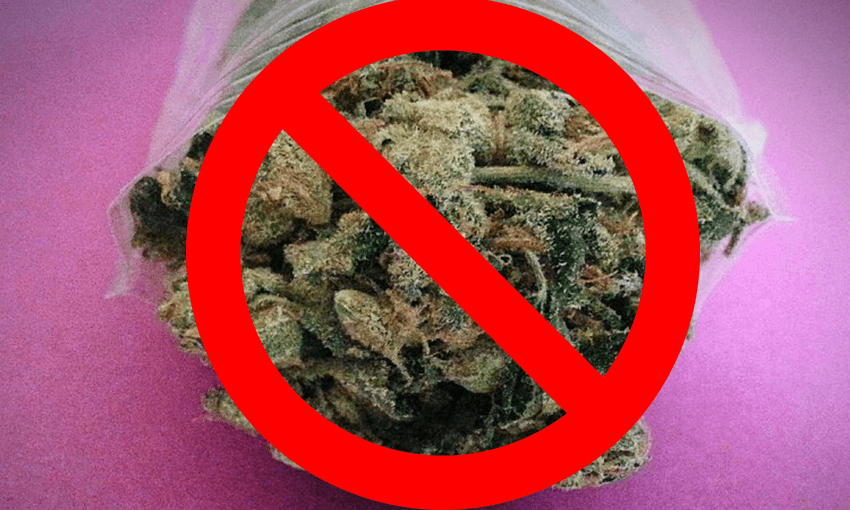Research shows young New Zealanders are stubbing out cannabis – and Māori more than most.
Research released today shows kids are smoking less and less weed, with Māori and Pasifika in particular increasingly choosing to abstain.
Academics from the University of Otago, University of Auckland, and Victoria University of Wellington cross-analysed three National Youth Health and Wellbeing studies conducted from 2001 to 2012 which tracked substance use and risky behaviours in children. Their analysis found lifetime cannabis use in secondary school students fell from 38% to 23% in that period, and the number of youth who used cannabis weekly or more halved from 6.7% to 3.2%.
Researcher Joseph Boden, associate professor of psychological medicine at the University of Otago, said the findings were welcome, particularly given the decline was most prevalent in communities who have historically suffered disproportionate harm from substance abuse.
“What’s heartening is the differentials by ethnicity are closing, so actually young Māori and Pasifika are using cannabis even less. They’re stopping at a rate much quicker than Pākehā. It’s really heartening. And more recent data around alcohol and cigarettes, and all the other indices, shows it’s probably continuing past where the data on cannabis ends in 2012.”
Boden said the use of psychoactive substances as a whole declined over the same period, meaning the falling rates of cannabis use couldn’t be explained by a migration to other drugs instead. Nor could the decline be fully attributed to public education campaigns or the work done in schools around the country, Boden said.
“I’d love if the public health people could take credit for it, but I don’t see any reason to assume that we should. There’s never been good evidence for education campaigns or anything like that, and we’re not doing anything radically different in terms of our alcohol and drug education, so I really say it’s down to the young people themselves who are living their lives differently than previous generations did.”
Smoking, binge drinking and drug use overall decreased in the same period, the researchers found. While shifting behaviour in the way young people associate could be one contributing factor, Boden said a resurgence of te ao Māori and Māoritanga could also have an effect, citing the findings of the Christchurch Health and Development Study.
“What we’ve found during the CHDS is that people who are more culturally literate and participate more in their culture are less likely to engage in risky behaviour. I think there’s a good reinforcing benefit of the increasing knowledge of their own culture.”
Boden said the decline showed that potential legalisation wouldn’t necessarily lead to the increased rates of youth usage that some predict. However it also meant that intense scrutiny would be needed in the development of any potential recreational industry in order to prevent corporate interests from reversing a positive trend.
“We don’t want to create a situation with a legal framework that is going to encourage use. In other words, it’s got to be the right price, it’s got to be a safe product and we really don’t want any advertising or big corporate influence trying to get people using,” he said.
“Given the evidence that cannabis use, and by extension cannabis-related harm, is on the decline for young people, it is of even greater importance that the laws and policies developed do not reverse this trend, and do not lead to increased use and harm among this group.”
The findings are also likely to inform a summary of the evidence for the harms and benefits of legalised cannabis set to be released by the prime minister’s chief science adviser ahead of next year’s referendum.
Professor Juliet Gerrard, with assistance from a panel of New Zealand researchers and academics, will draw from longitudinal studies like the CHDS and a wealth of international data from areas where cannabis has been legalised and decriminalised. The report will be audited by international researchers and released to the public in January next year.

